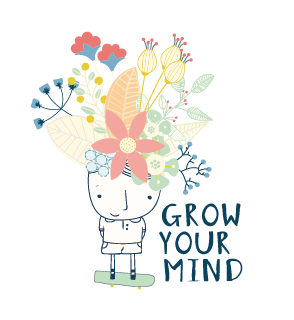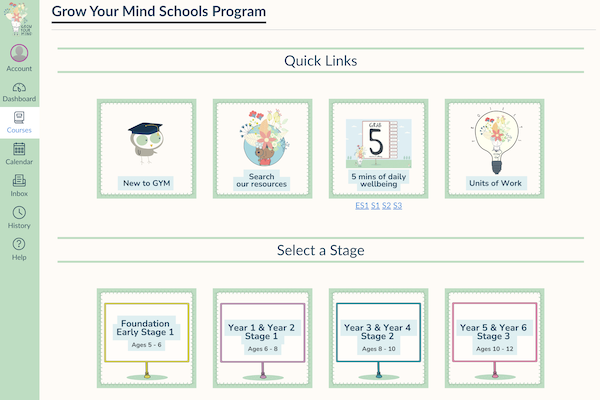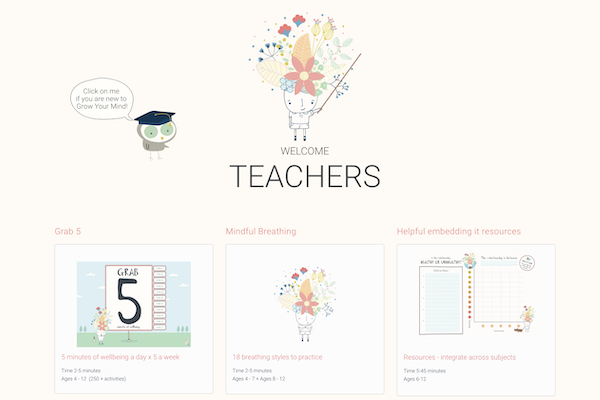So you are after 4 quick ways to help your kid be resilient. Here we go:
Number 1
If your kid is crying, launch into a TED talk about the fact that injustices occur everywhere.
Number 2:
Tell them to toughen up followed by the equally unhelpful: onwards and upwards
Number 3:
Regardless of the problem, look them square in the eye and for dramatic effect put a hand on your heart and say loudly in a slightly unhinged way: positive thoughts create a positive mind
Number 4:
Distract them with gifts.
What the?! Hahaha just checking that we had your undivided attention as the next 4 strategies we will share with you now are research-informed. They will help not harm your kid. They work. And when we say ‘work’ we don’t mean that your child will try them out and bounce back. When sadness, hurt, failure, and loss happen we don’t bounce back – we are changed, which is ok because the hope is we have grown as a person, or we have a different perspective.But before sharing these strategies we need to put in a few rules, we called them golden because it makes them sound more fancy and important. Cue dramatic-sounding music.

And we made the rules and the strategies into a fancy poster. You should buy the poster. For your home, for your kid’s teacher, for your parents. See rule number 3 for why.

Buy the resilience poster. To you know, be resilient.
We wanted to start with the rules, because if we launched straight into the strategies it may well be a SH#*T show of resilience gone wrong.com.

Even if it is only one person. Your children/students need a friend or a trusted adult they can rely on. Help them work out what makes a good friend (our program can help with this too). Make sure they face adversity knowing they are not meant to do it alone.

This is a hard one to put into practice but an essential one to follow. Resilient people can name their emotions. Resilient people ask for help. Resilient people allow themselves to feel whatever they are feeling while knowing that this is separate from acting however they want to act. You can help by supporting kids to name their feelings.

Say goodbye to saying: my kid is not resilient. And hello to my kid needs help with resilience
We are all capable of learning to be resilient. And as promised here are 4 strategies to practice and help you feel resilient. The key word here is practice. In the same way, you don’t push your child out the door and into a butterfly swimming heat if they have never swum the stroke in their life, you cannot expect them to use any of these 4 strategies without practicing them first.

This does NOT mean looking for the good in a crappy situation. Sometimes things are crap. There is no silver lining.
Looking for the good means you practice noticing the nice people, things, and experiences in your life daily. If you have been practicing looking for the good, you will be aware that there are great things in your life when sadness or setbacks come for a visit. This is going to help. Without this awareness, where is the hope? Without hope, it is nearly impossible to be a problem solver. The stuff up or loss is amplified to be everything. When you practice looking for the good, you are a responsible sofa sitter. You know, the sofa is not an armchair, you make room for your friend, your pet, and your nice mum. And you can also make room for the sadness, disappointment, joy, love, and good times.
The practice part might look like a gratitude jar that your family writes in every night, or a tell me 3 good things from your day question, or a let’s write down a JOY moment we have had and share it on Friday night together.
You could also practice being a ‘glimmer seeker’, which I think is a non-boring, non-painful way to practice gratitude.
Glimmers are the opposite of triggers. They are small moments in your day that make you feel calm, and more hopeful and bring on feelings of joy. E.g.
- Cup of tea
- Mist rising
- Well-behaved dog cuddling up
- Chocolate cake
You could even say audibly – ah I am having a glimmer moment right now. Glimmer seeking, looking for the good, and practicing gratitude are all just examples of the same successful strategy: when terrible things happen, you allow them in, all the while knowing that there are still beautiful things in your life.

Refrain from reminding this fact to your child amid adversity. Not helpful
Instead, it is about making this fact known before the setback arrives. Read any good book and it is full of twists, stumbles, bumps, and trips. Point this out to your child and ask them questions such as “How do you think they are going to get through this? What helped them overcome this difficulty? Same in movies. There are always problems to be solved, things that don’t go the way the main character would have liked. Look at the character strengths the character possesses. We all have strengths we can call on when disaster strikes. It may be patience, perseverance, humour, honesty, or compassion. You have them, I have them and so does your child.

Number 3 is perhaps our favourite strategy to practice. And this is a crucial one to model for your children. We all get busy. Many of us face financial hardship or difficulties. And yet neither of these reasons should get in the way of making time to do the things you love. When we prioritise joy, we get a hit of positive emotions. This is different from making yourself be positive. Positive emotions instead are feelings we get that enable us to be better problem solvers, and to feel capable of handling setbacks. Examples of positive emotions are joy, gratitude, love, peace, awe, and hope. So how do you make ‘time’ to do the things you love? You don’t have time not to. Dramatic we know, but none of us are getting out of here alive. In her book, the 5 Regrets of the Dying, palliative care nurse Bronnie Ware shares, as the title suggests, the things people most regret on their deathbed. With numbers 1, 4, and 5 speaking to this strategy:
1) “I wish I’d had the courage to live a life true to myself, not the life others expected of me.”
4) “I wish I had stayed in touch with my friends
5) “I wish I had let myself be happier”
Doing the things you love might be making time for friends. It might be playing a social game of tennis. Or walking, swimming in the sea. And for our kids, it is so crucial to ask them not just how their day was but also – what did they love doing today? And if they don’t have an answer, follow up with “I wonder if there is something you could do now that you love.” Get them thinking outside the box of screens! Drawing, painting, whittling a stick, reading a book, kicking a ball. Knowing what you love is going to help you throughout your life.

Relax, we LOVE sharks in the wild. They are a crucial part of the ecosystem. We are instead talking about shark thoughts. You know those pesky self-limiting ones that persistently tell you, you are not enough, hopeless, a failure! Well, you can tell those unhelpful thoughts to shhhhh just a little.
Tell yourself and tell your kids: Thoughts are NOT facts.
Resilient researcher Dr Lucy Hone, shares a powerful question you can ask yourself when you are dealing with hardship: is what I am doing, helping or harming?
We love this. You can make it about thoughts too: is this thought helping or harming me? You can make it about actions, is what I am doing right now (yelling, screaming, reaching for another bottle, spending hours mindlessly scrolling, etc )helping? Or harming?
Shark thoughts can be challenged and replaced with dolphin thoughts.
I am hopeless -> I am learning, mistakes help me learn.
I am not enough ->I am enough
And finally, if you want to help your kids feel resilient, from here on in, say to them: practice makes progress. Game changer.
That’s it, legends. If you have read this far, do yourself a favour and buy a resilience poster.



